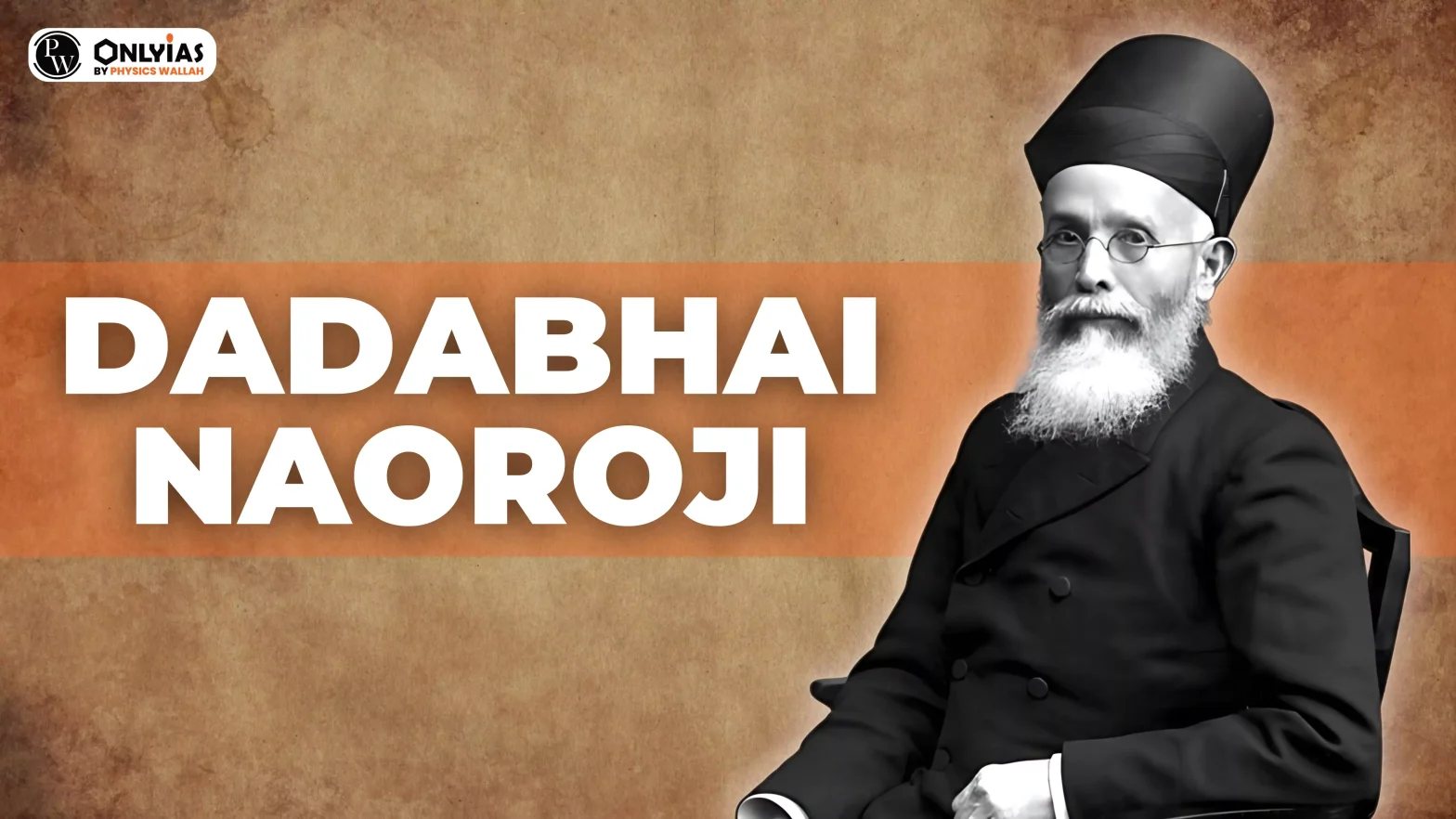Dadabhai Naoroji is also known as "Grand Old Man of India." Know everything about Dadabhai Naoroji Birth Anniversary and his history here.

Dadabhai Naoroji, often referred to as the “Grand Old Man of India,” was a prominent Indian nationalist, educator, and politician. Known for his deep commitment to the cause of Indian independence, Naoroji played a significant role in shaping the nationalist movement in India. On the occasion of his 199th birth anniversary on September 04, 2024, it is essential to remember his contributions to India’s freedom struggle, his pioneering theories, and his efforts to bring social and economic justice to his countrymen.
The 199th Dadabhai Naoroji Birth Anniversary is a time to reflect on his immense contributions to India’s independence movement. Celebrations across India and among the Indian diaspora serve as a reminder of Naoroji’s enduring legacy. Educational institutions, political organizations, and cultural groups organize events to honor his memory, highlighting his role as a pioneer of the nationalist movement and a champion of economic justice.
Dadabhai Naoroji was born on September 4, 1825, in Navsari, Gujarat, a town known for its Parsi community. This year, the nation will celebrate the 199th Dadabhai Naoroji Birth Anniversary. From an early age, Naoroji showed an aptitude for academics, excelling in his studies. He pursued his education at the Elphinstone College in Mumbai, where he eventually became the first Indian professor of mathematics and natural philosophy. His commitment to education and intellectual development laid the foundation for his future political career.
Naoroji was a founding member of the Indian National Congress (INC), an organization instrumental in India’s struggle for independence. His political career in Britain and India allowed him to advocate for India’s cause on a global stage. Known as the “Unofficial Ambassador of India,” Naoroji used his influence to highlight the issues faced by Indians under British rule. His contributions were crucial in garnering international support for India’s independence movement.
One of Dadabhai Naoroji’s most significant contributions was his development of the “Drain of Wealth” theory. This theory highlighted how British colonial rule led to the economic exploitation of India, draining its wealth to Britain.
In his seminal work, “Poverty and Un-British Rule in India,” Naoroji argued that the British were siphoning off India’s wealth, leading to widespread poverty and economic stagnation. His economic analysis laid the groundwork for future economic critiques of colonialism and helped galvanize nationalist sentiments against British rule.
Naoroji’s political career extended beyond India to Britain, where he became the first Indian to be elected to the British Parliament in 1892 as a member of the Liberal Party. During his time in Parliament, he tirelessly advocated for Indian self-rule and economic reforms. Naoroji’s position in the British political system allowed him to speak directly to British policymakers, making him a vital link between India and Britain during the struggle for independence.
Dadabhai Naoroji was also an accomplished writer. Dadabhai Naoroji books and speeches were instrumental in articulating the grievances of Indians and advocating for reform. Some of his famous works include:
Through his writings, Naoroji provided a scholarly basis for the nationalist movement, educating both Indians and the British about the injustices of colonial rule.
Dadabhai Naoroji’s legacy extends beyond his lifetime. His contributions to Indian nationalism, his economic theories, and his role in bridging the gap between India and Britain have left an indelible mark on India’s history. Naoroji is remembered as a pioneer of the nationalist movement, a champion of economic justice, and a tireless advocate for Indian independence.
His life and work continue to inspire generations of Indians and serve as a reminder of the power of intellectual rigor and moral integrity in the pursuit of justice. Here are some key contributions and impact of Dadabhai Naoroji:
Impact on Modern India: Dadabhai Naoroji’s work laid the foundation for future critiques of colonialism. His theories on economic exploitation influenced generations of economists and political leaders, inspiring Indians to pursue a just and equitable society.
Influence on Subsequent Leaders: Naoroji’s ideas on economic justice, self-rule, and social equity significantly influenced key figures in the Indian independence movement, including Mahatma Gandhi and Jawaharlal Nehru. His intellectual contributions helped shape the strategies and policies of later leaders.
Role in Founding the Indian National Congress: As a key figure in the founding of the Indian National Congress in 1885, Naoroji played a crucial role in establishing the organization. He helped define its early objectives and strategies, laying the groundwork for its leadership in the independence movement.
Advocacy for Women’s Rights and Social Reform: Beyond his political and economic contributions, Naoroji was a strong advocate for women’s rights and social reform. He supported education and healthcare improvements for women and championed social justice, reflecting his commitment to a fair and equitable society.
Sign up for the PWOnlyIAS Online Course by Physics Wallah and start your journey to IAS success today!
| Related Articles | |
| International Day of Cooperatives 2024 | World Biofuel Day 2024 |
| World Lion Day 2024 | National Handloom Day |
| International Youth Day 2024 | Global Hepatitis Report 2024 |
Dadabhai Naoroji is famous for his role as a nationalist leader, his development of the Drain of Wealth theory, and his work in the Indian National Congress. He was also the first Indian to be elected to the British Parliament.
Dadabhai Naoroji was one of the founding members of the Indian National Congress, an organization that played a crucial role in India's independence movement.
Dadabhai Naoroji proposed the Drain of Wealth theory, which highlighted the economic exploitation of India by the British colonial rulers.
Dadabhai Naoroji wrote several influential books, including "Poverty and Un-British Rule in India" and "Essays, Speeches, Addresses, and Writings (1871-1900)."
Dadabhai Naoroji is called the Grand Old Man of India due to his significant contributions to India's independence movement and his long-standing commitment to social and economic justice.
<div class="new-fform">
</div>